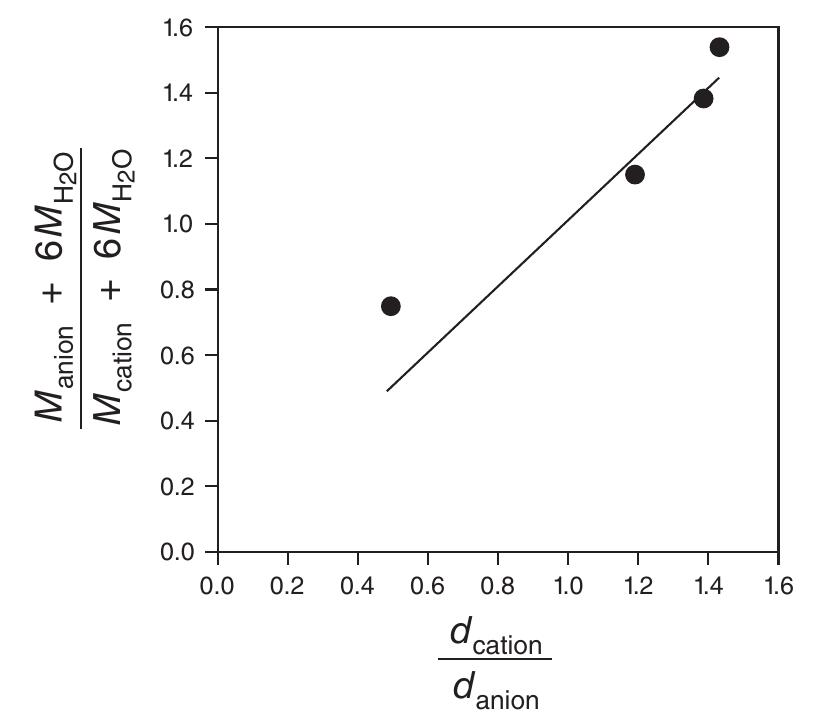Key research themes
1. How is the concept of context defined and structured to support learning in diverse educational and healthcare settings?
This research area investigates the multifaceted and often ambiguous nature of 'context' across educational and healthcare disciplines. Understanding context precisely is critical because learning and knowledge translation are inherently context-dependent, affecting motivation, cognition, and behavior. Clarifying the concept and typologies of context enables better-informed pedagogical designs, facilitates valid cross-contextual comparisons, and improves implementation of evidence-based practices in clinical settings.
2. How does contextual teaching and learning impact student achievement and skill development?
This research theme explores the efficacy of contextual teaching and learning (CTL) approaches that connect classroom content to real-life situations, support varied learning styles, promote collaboration, and enhance higher-order thinking. Studies analyze how CTL affects student comprehension, motivation, and development of scientific and linguistic skills, especially in diverse educational environments, highlighting procedural and pedagogical elements critical for implementation and effectiveness.
3. What roles do questioning and inquiry play in facilitating context-sensitive learning and philosophical understanding?
This theme investigates questioning as a core epistemic and pedagogical activity that guides inquiry, knowledge construction, and inventive thinking within contextually rich environments. It includes theoretical explorations of question typologies and functions, as well as empirical and conceptual work linking questioning to motivation, cognitive development, and the dynamic, context-sensitive nature of knowledge ascription in philosophy and education.






